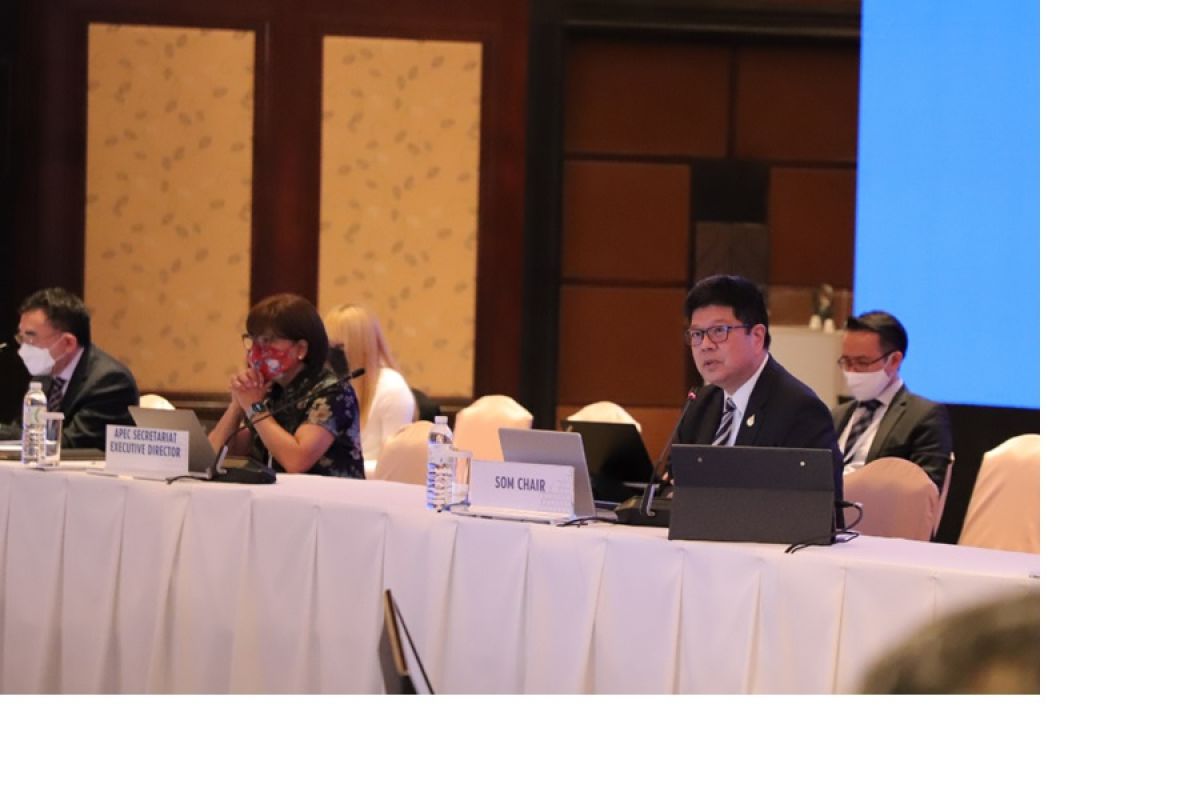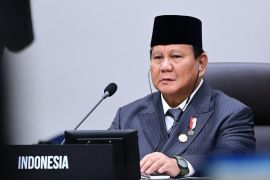The third APEC technical meeting cluster is currently underway in Chiang Mai, a city located around 700 kilometers north of Thailand’s capital Bangkok, with close to two thousand policymakers, officials, and private-sector representatives from 21 APEC economies in attendance, according to a release from the APEC Secretariat that was received here on Tuesday.
The meeting cluster will culminate in a two-day plenary session of senior officials on August 30–31, 2022, which will be chaired by Thani Thongphakdi, Permanent Secretary for Foreign Affairs of Thailand and the 2022 chair of APEC Senior Officials.
It will be the last meeting of the year before the APEC Senior Officials prepare for Leaders’ Week, which is scheduled from November 14–19.
The International Monetary Fund (IMF) has projected that the world economy will decelerate to 3.4 percent before slowing further to a 2.9-percent gross domestic product (GDP) rate in 2023.
The same scenario is expected in APEC, with a recent report projecting that the region’s economy will grow slower than expected at 2.5 percent this year and 3.4 percent next year.
Related news: APEC region's growth to slow down amid uncertainties, crisis: Report
Executive director of the APEC Secretariat, Rebecca Sta Maria, said that it is a particularly challenging time to be a policymaker, so the APEC region needs to keep its focus on building a more resilient, inclusive, and sustainable future since it is the key to future-proofing the region from crises.
"The intensified uncertainty brought about by recent events brings along the risk of distrust in globalization, multilateral institutions, and in each other," she added.
"While there’s no denying that disagreements have spilled into multilateral forums and are of significance, they should not keep APEC member economies from banding together to prevent something as existentially damning as climate change, which will not be fixed, or even managed, by a world divided into distinct blocs," Sta Maria said.
Ahead of the technical meeting cluster and APEC Economic Leaders’ Week in November this year, Sta Maria said that organizations like APEC will play a big part in building back the global economy by strengthening policy coordination and regional cooperation by adopting economic resiliency policies as well as ensuring transparency and predictability of trade.
Several ministerial meetings and high-level meetings will also take place alongside the technical meeting cluster, namely the APEC Tourism Ministerial Meeting on August 19, the APEC Meeting of Ministers Responsible for Forestry on August 24, the APEC High-Level Meeting on Health and the Economy on August 25–26, and the Food Security Ministerial Meeting on August 26.
Sta Maria contended that in today’s challenging environment, there is a role for multilateral institutions like APEC to help confront challenges in a coordinated, integrated, and cohesive manner, and ensure that all the work ultimately brings benefits to the people living in the region.
"We will continue to emphasize effective partnerships and cooperation across our region, including between the public and private sectors, specifically, the APEC Business Advisory Council, and other regional fora and key stakeholders, including the youth of our region," she added.
Related news: Paramount need for APEC to future-proof region from crisis
Related news: APEC pursues full and sustained recovery amid complexities
Reporter: Yuni Arisandy Sinaga
Editor: Suharto
Copyright © ANTARA 2022











